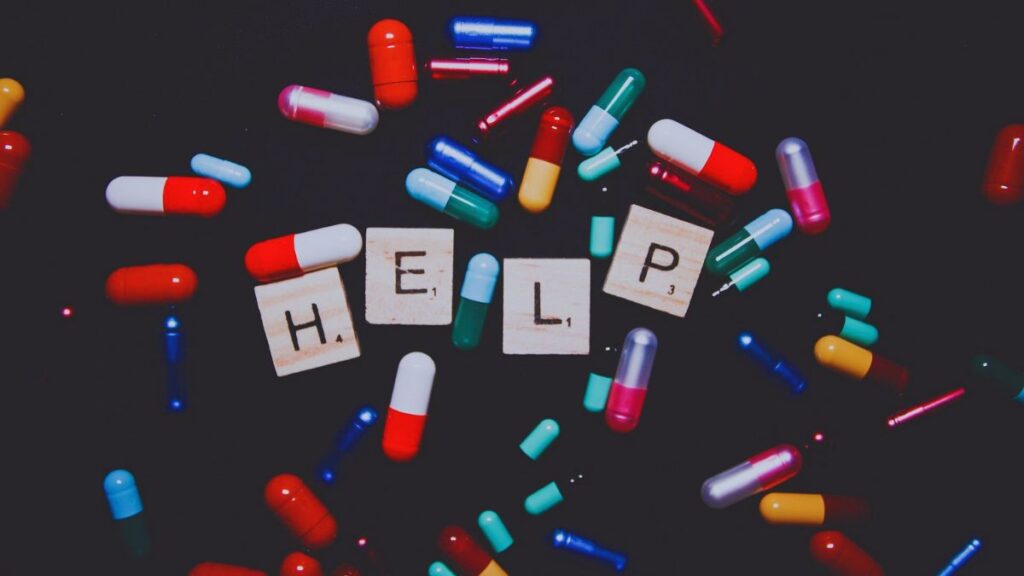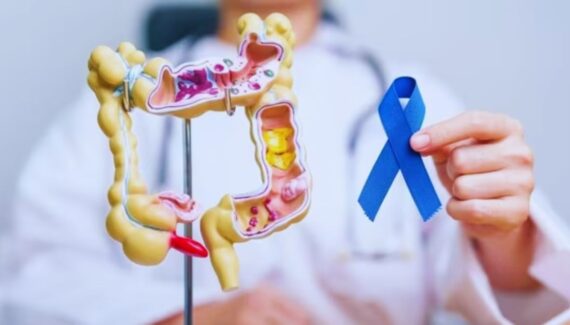Understanding how antidepressants work and how they affect the brain is an important step in making informed decisions about mental health care.
Antidepressants are among the most widely prescribed medications for conditions like depression and anxiety, providing relief to millions of people worldwide. Yet despite their benefits, they are surrounded by myths and misinformation. These misconceptions often create fear, hesitation, or resistance to treatment, preventing individuals from seeking the help they need.
By separating fact from fiction, we can reduce stigma and promote better understanding of antidepressants. Below, we unpack some of the most common myths, explain the science behind how antidepressants work, and highlight why informed decision-making is key to effective mental health care.
Top 05 Common Myths About Antidepressants
1. Myth 1: Antidepressants Simply Boost Serotonin
One of the most persistent myths is that antidepressants work by simply increasing serotonin levels in the brain. While it’s true that many antidepressants—particularly selective serotonin reuptake inhibitors (SSRIs)—affect serotonin, this explanation is overly simplified in nature.
- Research shows that antidepressants influence multiple neurotransmitter systems, not just serotonin. They can also promote neuroplasticity (the brain’s ability to adapt and form new connections) and neurogenesis (the growth of new brain cells).
- Antidepressants help create conditions that allow the brain to heal and recover from depression, rather than merely correcting a single chemical imbalance.

2. Myth 2: Antidepressants Change Your Personality
A common fear is that taking antidepressants will change who you are or dull your emotions. In reality, effective treatment aims to reduce the debilitating symptoms of depression—such as sadness, hopelessness, and fatigue—without altering your core personality.
- Many people report feeling “like themselves again” once symptoms are managed. However, some individuals experience emotional blunting, where emotions feel less intense.
- If this side effect occurs, it’s important to discuss it with your doctor, who can adjust the dosage or recommend another medication. The goal of treatment is always to restore balance, not to erase your individuality.
3. Myth 3: Antidepressants Are Addictive
Another common misconception is that antidepressants are addictive. This confusion arises from mixing up the concepts of “dependence” and “addiction.”
Unlike addictive substances, antidepressants do not produce cravings, highs, or compulsive behaviors. People do not seek out higher doses to feel an effect. What can happen, however, is the ‘discontinuation syndrome‘ —temporary withdrawal-like symptoms that may occur if you stop taking the medication abruptly.
- This is why healthcare professionals recommend tapering off antidepressants gradually under medical supervision. This process is not the same as overcoming an addiction—it’s simply a safe way to allow your body to adjust.
4. Myth 4: Antidepressants Work as a Quick Fix
Some believe antidepressants provide instant relief, but this isn’t the case. Unlike rescue medications or mood boosters, most antidepressants take several weeks to reach their full effect.
They are not designed as emergency treatments. Instead, they’re a part of a long-term recovery strategy that often includes:
-
Psychotherapy or counseling
-
Social and emotional support systems
While antidepressants alone won’t “cure” depression, they can significantly improve quality of life when used as part of a comprehensive, holistic approach.

5. Myth 5: Everyone Experiences the Same Side Effects
Side effects are often discussed in general terms, which can make them sound unavoidable. In reality, the experience of taking antidepressants is highly individual. Factors like age, genetics, metabolism, and other medications all influence how your body responds.
Some people may experience mild side effects like nausea, sleep changes, or weight fluctuations, while others experience little to none. If one medication doesn’t work for you, there are many alternatives available, and most side effects can be managed with guidance from a healthcare professional.
The Role of Healthcare Professionals
Doctors, pharmacists, and mental health specialists play a vital role in navigating antidepressant use. They can:
-
Provide accurate, evidence-based information
-
Set realistic expectations for treatment
-
Help manage side effects and find the right medication fit
-
Offer support in creating a broader treatment plan
By consulting professionals, patients can make better decisions tailored to their unique needs rather than relying on myths or misinformation.
Antidepressants are often misunderstood, but they remain an essential tool in managing depression and other mental health conditions. Clearing up myths about how they work, their side effects, and their long-term impact helps reduce stigma and empowers people to make informed choices. Mental health treatment is never one-size-fits-all. For some, antidepressants may provide significant relief; for others, they work best in combination with therapy, self-care, and social support.



